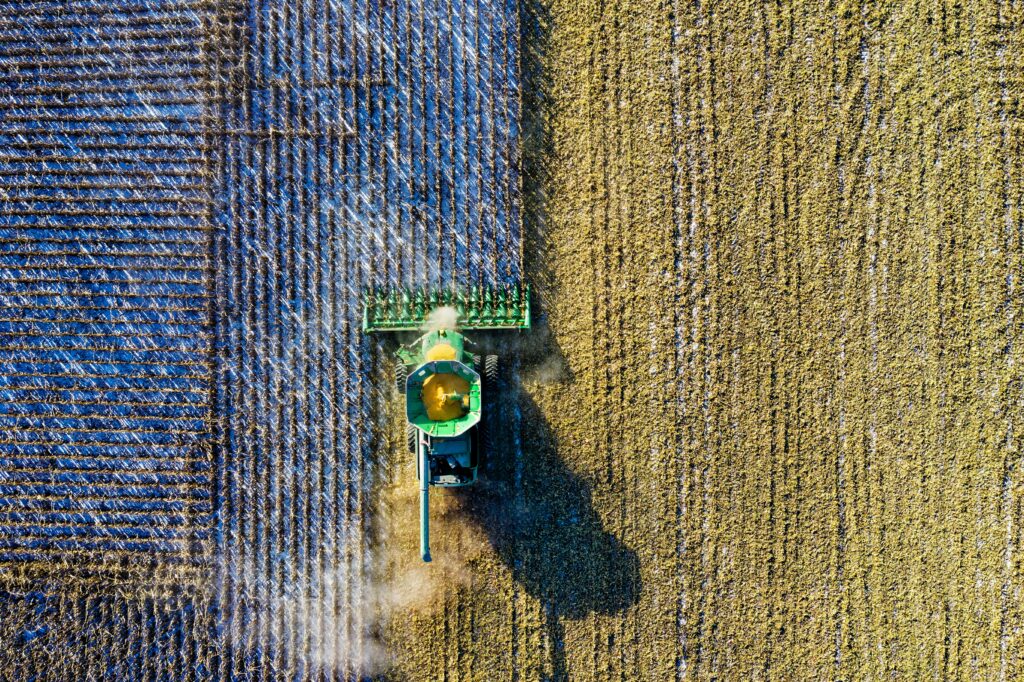 The Agricultural Transformation
The Agricultural Transformation
Agriculture has come a long way from the traditional farming methods of the past. The agricultural transformation has brought about a new era filled with high-tech innovations and sustainable farming practices. From the use of robotics and AI to the locavore movement, there is no doubt that agriculture is experiencing a revolution. In this article, we will take a closer look at the various aspects of this transformation and what the future holds for the agriculture industry.
The Agricultural Revolution: A New Era
The agricultural revolution has led to a shift from traditional farming methods to modern farming practices. Farmers are now using advanced technology to increase productivity and reduce the impact of farming on the environment. The use of precision agriculture, for instance, has enabled farmers to use resources more efficiently, leading to higher yields and better returns on investment. In addition, the use of biotechnology has led to the development of crops that are more resistant to pests and diseases, reducing the need for chemical pesticides.
Farming Goes High-Tech: Robotics and AI
The use of robotics and AI in farming has transformed the way we grow food. Robots are now being used to perform tasks such as planting, weeding, and harvesting. This has not only increased efficiency but has also reduced the need for human labor. AI, on the other hand, is being used to analyze data collected from various sources, such as weather patterns and soil samples, to make more informed decisions about planting and harvesting. These advancements have led to higher yields and better quality crops.
From Farm to Table: The Locavore Movement
The locavore movement has gained popularity in recent years as people become more conscious about where their food comes from. The movement advocates for the consumption of locally grown food, reducing the carbon footprint associated with transporting food over long distances. This has led to the growth of community-supported agriculture (CSA) programs and farmers’ markets, where people can buy fresh, locally grown produce. The movement has also led to an increase in urban farming, where people are growing their own food in urban areas.
Sustainable Farming: The Future of Agriculture
Sustainable farming practices are the future of agriculture. Farmers are now adopting practices that reduce the impact of farming on the environment, such as using cover crops to reduce erosion and improve soil health. In addition, farmers are now using renewable energy sources, such as solar and wind power, to power their farms. Sustainable farming practices not only benefit the environment but also benefit farmers by reducing costs and increasing yields.
===
The agricultural transformation has brought about a new era of farming filled with high-tech innovations and sustainable farming practices. From the use of robotics and AI to the locavore movement, there are many exciting developments in agriculture. As we move forward, it is important to continue to invest in research and development to ensure that we have a sustainable and resilient food system for years to come.
